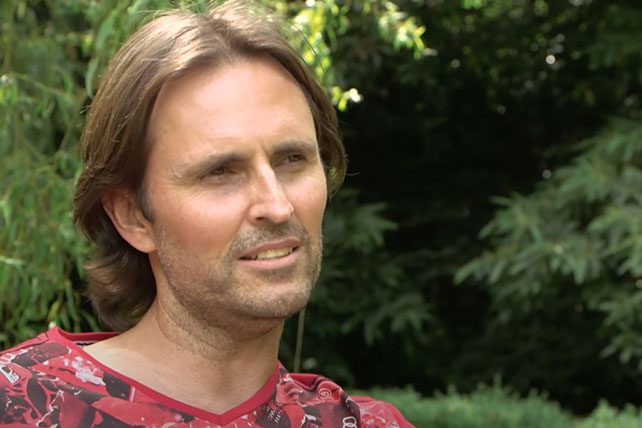In the landscape of modern spirituality, few figures have sparked as much intrigue and controversy as Alan John Miller, also known as A.J. Miller. Originally from Australia, Miller claims to be the reincarnation of Jesus of Nazareth and has founded a spiritual movement known as Divine Truth. This movement, rooted in the teachings that Miller professes as divine truths, aims to help individuals establish a personal relationship with God through the understanding and application of these teachings.
A.J. Miller: The Genesis and Growth of Divine Truth
The Divine Truth movement began around 2007 when Miller started to share his experiences and memories, which he claims date back over 2000 years. According to Miller, these memories have been with him since he was two years old, but it was not until he reached the age of 40 that he publicly acknowledged his identity as the reincarnation of Jesus.
Miller’s teachings primarily focus on the concept of love, which he categorizes into two forms: human love and God’s love. He posits that while human love is significant, it is the divine love from God that has the transformative power to change individuals and, by extension, the world. Through seminars, workshops, and retreats, both in Australia and internationally, Miller and his partner Mary Luck—who claims to be the reincarnation of Mary Magdalene—aim to disseminate these teachings and guide individuals on their spiritual journeys.
Teachings and Practices
The core of Divine Truth’s teachings revolves around developing a personal relationship with God, understanding the laws of divine love, and achieving personal transformation through emotional and spiritual growth. Miller emphasizes the importance of emotional healing, asserting that unresolved emotional conditions can hinder an individual’s relationship with God and their spiritual progress.
RELATED: An Emotional Healing Process Everyone Should Know
Controversy and Criticism
Despite a dedicated following, the Divine Truth movement and Alan John Miller have been subjects of intense scrutiny and criticism. Skeptics dismiss Miller’s claims of divinity as baseless and argue that the movement bears hallmarks of a cult. Critics are particularly concerned about the potential for emotional abuse and manipulation, citing the profound psychological influence Miller has over his followers.
A particularly troubling incident linked to the movement was the death of a follower during a sweat lodge ceremony, an event that raised significant ethical and safety questions. This incident, among others, has led to increased calls for oversight and caution among those exploring the Divine Truth teachings.
The Movement’s Recent Years
In recent times, Miller appears to have taken a step back from the limelight, maintaining a lower profile compared to the height of his movement’s popularity. However, he continues to conduct seminars and share his teachings through various platforms, including the movement’s YouTube channel. The extent of his current influence and the future trajectory of the Divine Truth movement remain subjects of speculation and debate within religious and spiritual communities.

